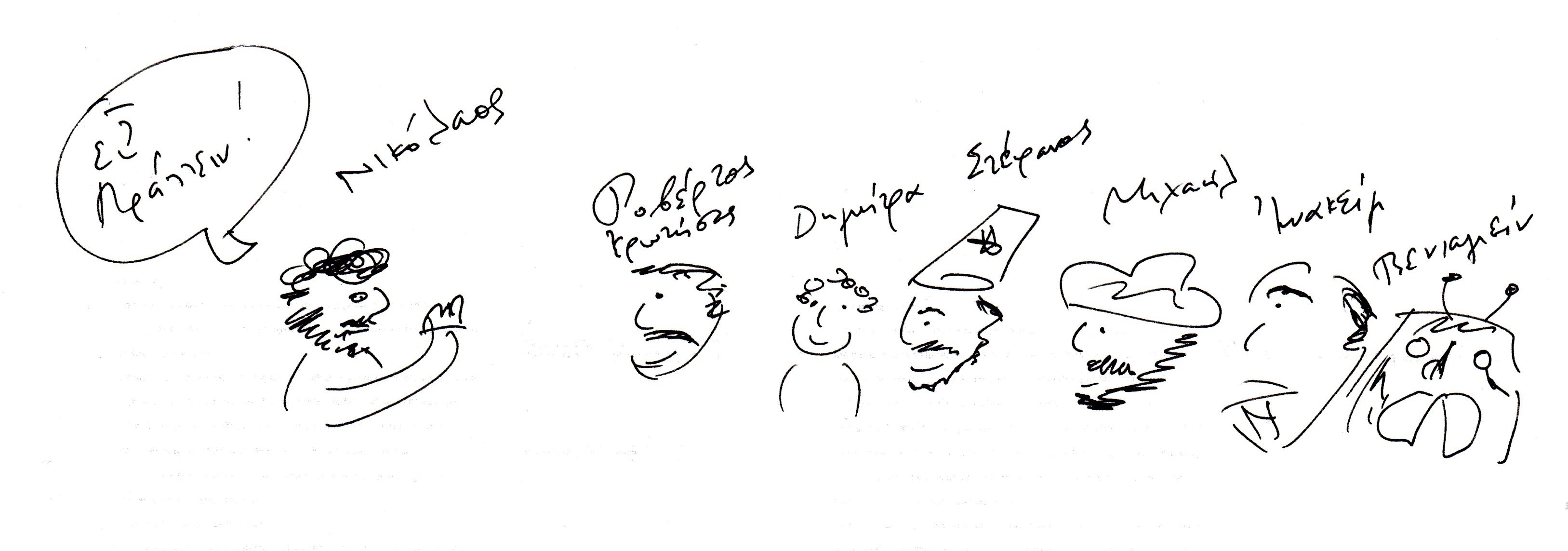Indigineity sounds Latinate, so it is being accepted in those contexts where a Latinate word makes sense. Particularly when the emphasis is not so much on an individual attribute, but on a more abstract construct. Cf. Maleness and Masculinity.
For example, if you want to talk about the factors that correlate with student performance in Australian education (a discussion I get exposed to), you’ve got Gender, Socio-Economic Background, Home Language, and… Well, Indigenousness just doesn’t sound as right, in the context of a statistical factor, as Indigineity. More reified, if you will. And indigineity is the only word I’ve seen in that context.
If male gender were invoked in that context, you would see Masculinity and not Maleness, for the same reason.
This is of course just reasoning by analogy; but that’s how language changes: by analogy.

